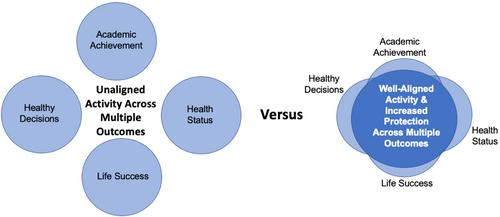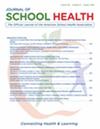Beyond School Climate: Conceptualizing the School as a Protective Factor Approach*
Abstract
BACKGROUND
The school climate concept has been promising, but has long-standing critiques that have not been adequately addressed to date. The School as a Protective Factor approach represents one attempt to offer a new approach that builds on and extends beyond the concept of school climate while addressing previously identified limitations.
CONTRIBUTIONS TO THEORY
The School as a Protective Factor approach offers a new framework for conceptualizing, measuring, and establishing protective school social and learning environments that co-promote academic achievement and student health in schools, especially student mental health and substance use/abuse prevention. This new framework includes clear definitions, explicit goals, firmly established constructs, validated measures, and an intentionally parsimonious approach that prioritizes the implementation of well-established, high-impact constructs.
CONCLUSIONS AND IMPLICATIONS FOR SCHOOL HEALTH POLICY, PRACTICE, AND EQUITY
The School as a Protective Factor approach presents a simple, easy-to-use means of ensuring a school social environment that meets the developmental, academic, and health needs of all children and adolescents while maximizing protection across a range of desired outcomes. Perhaps most importantly, it does so in a manner that is manageable and easily integrated into every aspect of schooling, resonates with the practical experience of school personnel, and includes brief, effective, and free measurement tools.


 求助内容:
求助内容: 应助结果提醒方式:
应助结果提醒方式:


